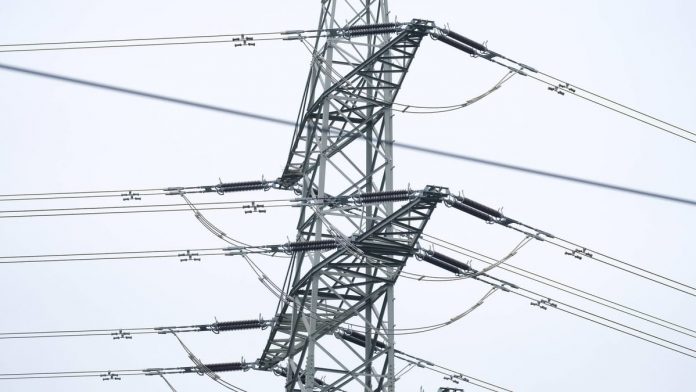From January 1, 2025, the network fees for electricity will change. A table from the Federal Network Agency now shows how the desired fairer cost distribution affects this.
A few days ago it became known by what percentage the network fees for electricity and thus the price per kilowatt hour are expected to increase from January 1, 2025. Many consumers were then able to use a card, among other things, to estimate how much additional costs they would have to expect – or whether they would even be relieved of the burden. (You can find the overview here.)
The problem with the map: Not every household could immediately see what changes awaited them – this applies, for example, to border areas.
The table published by the Federal Network Agency now offers better orientation.
On August 28, the Federal Network Agency decided that the costs of expanding renewable energies should be shared more fairly. In concrete terms, this means that regions that rely more heavily on the expansion of renewable energies and are therefore heavily burdened financially can expect financial relief from 2025. The costs of this relief will be distributed across the entire network charges nationwide. The result: network fees are falling in the affected regions – and in some cases significantly.
This regulation affects both large, so-called network operators entitled to roll-over, as well as their downstream, smaller suppliers. As an example, the Federal Network Agency (BNetzA) cites E.DIS Netz GmbH, which operates as a large regional supplier in Brandenburg and Mecklenburg-Western Pomerania. If the network fee of E.DIS Netz GmbH falls, all smaller, downstream network operators that are connected to this network also benefit. These often include municipal utilities and smaller energy suppliers who also pay network fees to the upstream regional suppliers.
The agency also notes that the fees stated by the network operators for 2025 also include cost increases that occurred compared to the previous year. This is the case, for example, if the distribution network operator's transmission network fees have increased. “This means that without the rollover, the network fees in 2025 would have increased compared to the network fees in 2024 for almost all of the network operators shown here – in some cases even significantly,” explains the BNetzA.


